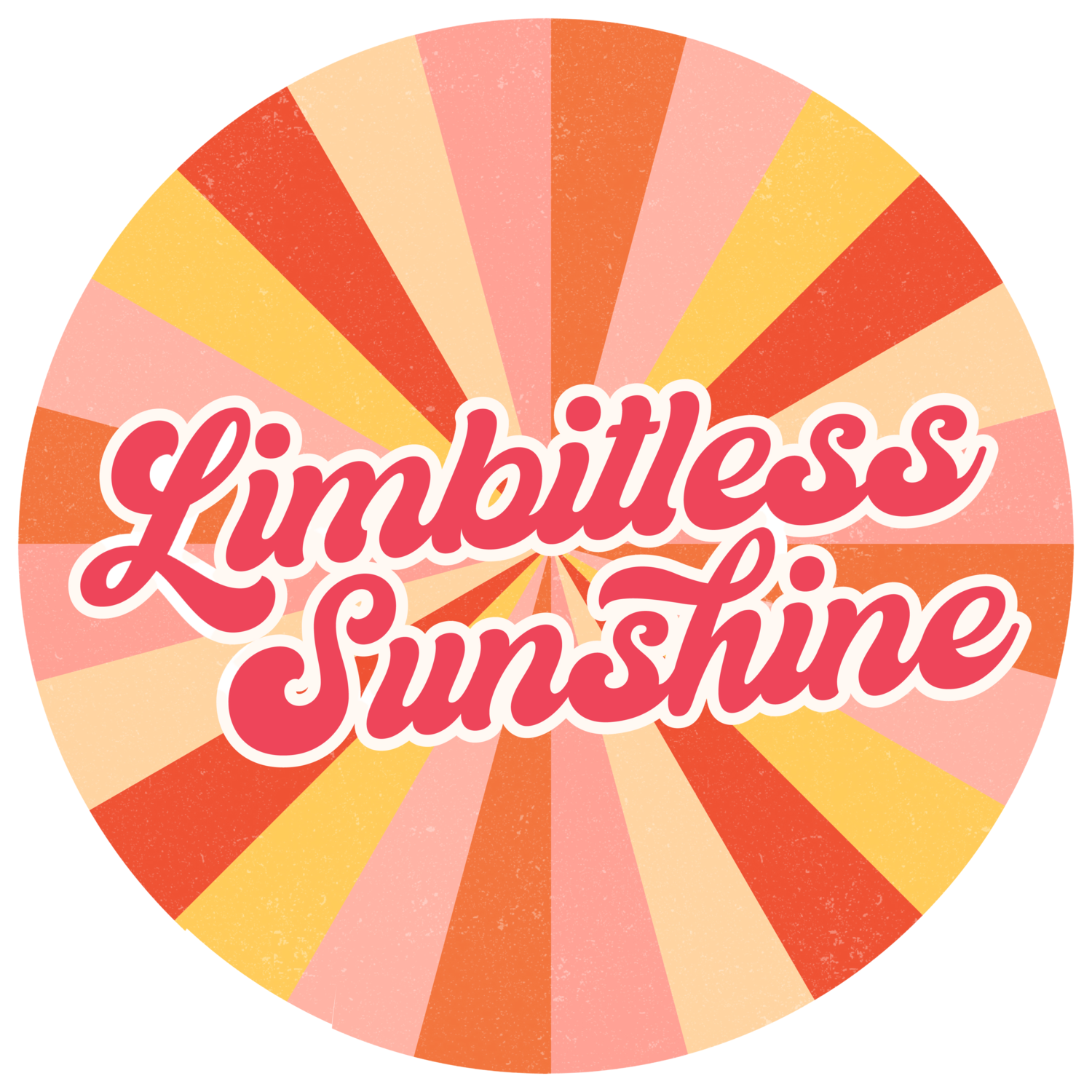Teaching kids about my “cool leg”
I'm at the age where many of my close friends have young children. Some of them never knew me with two legs or were too little to remember. To them, I'm Tia Alex with the "cool leg," and I've always loved telling them all about how my prosthesis works. Understandably, not everyone with a disability is as comfortable with children staring and asking about their assistive devices or prosthetics. But I would rather make a difference in a child growing up to be someone who understands that some of us look different or have different mobility needs. What if spending a few minutes sharing about your "cool leg" with a five-year-old could make the difference between them making fun of a new kid at school who wears a prosthetic or embracing them? Would that change the way you feel about children wanting to ask you questions?
I'm not a Mother, but I feel pretty strongly that answering questions for kids helps them learn more about the world and can prepare them for future situations that might otherwise be tricky to navigate. Thankfully, my friends feel the same way. They encourage my show-and-tell sessions whenever the opportunity arises, but only because they know I am comfortable with it.
When it comes to the topic of exactly how I lost the leg, I find it important to be careful that you are not creating a fearful situation for a child. I usually go with a variation of the following; "I had a sickness in my leg, but it's super rare, and hardly anyone on the planet has this exact sickness. And I'm healthy now. This isn't something you need to worry about." Then, I quickly shift back to showing them all the cool stuff I can do with the leg.
Sometimes, when full-grown adults don't read the room before asking me about my cancer and limb loss, I wonder if they never met anyone with a disability growing up who shared with them. In fact, it's one of the things I tell myself to avoid getting angry when they don't look me in the eyes and stare at my leg as we shake hands or immediately ask what happened to my leg before even asking me my name. These two forms of curiosity ( child and adult) are not created equal. Although I often share my story either way so that we can move past it, I wish adults would handle our interactions with a bit more grace and consideration.
Kids will one day grow up to become adults. Anything we can do to help make them more accepting, educated, and kind adults is a win in my book. And sometimes that means laying on the floor with them surrounded by crushed Cheerios and Legos while they ask you if you are a real-life Transformer.


